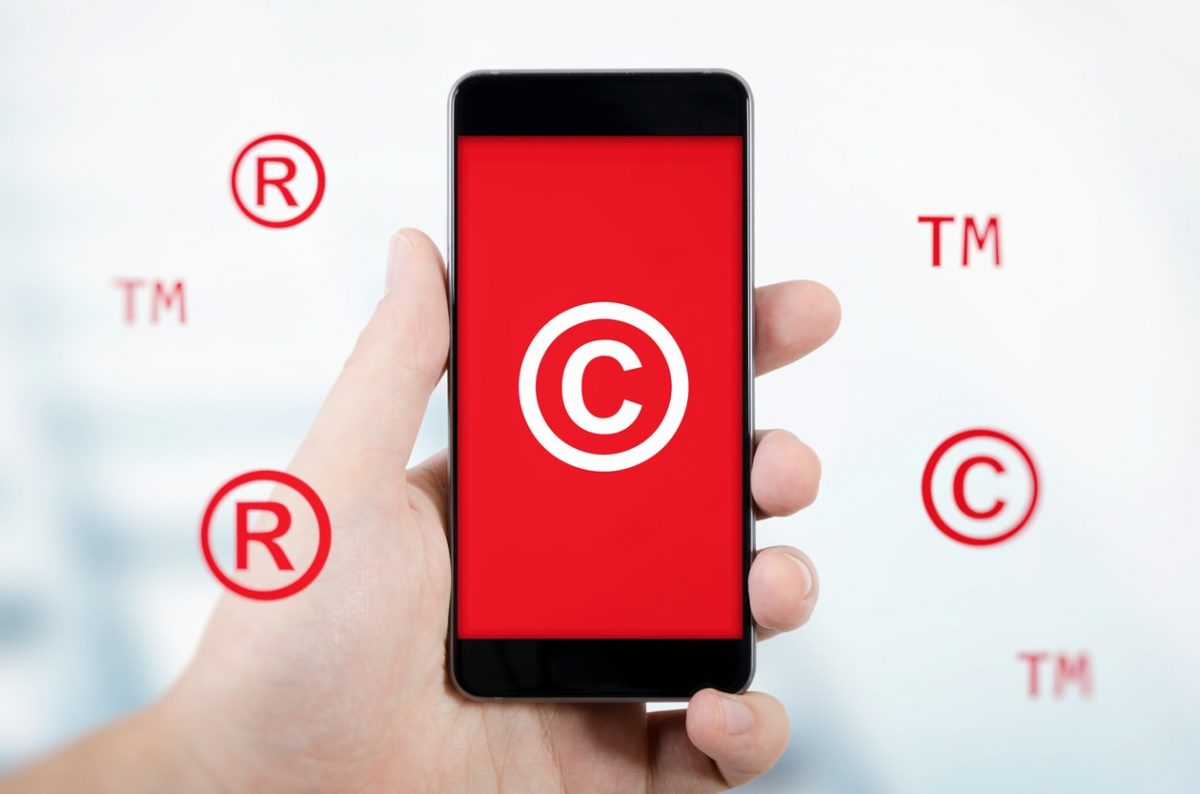
Federal laws are in place to give copyright owners rights over their work. This can be anything from logos to marketing materials, known as intellectual property rights. When someone or some business uses trademarked or copyrighted material without permission, this can definitely spell legal trouble.
For banks looking to create a more user-friendly customer experience or add some variety to their marketing strategies, it may be tempting to recycle work you may have seen used elsewhere to reach a certain audience. The fallout from being caught using this property will result in having to pay back damages, but will also cost you in legal and court fees. You could get a notice demanding you cease and desist using and distributing the copyrighted work, or you could face hefty penalties for each infringed work; it all depends on the extent of the infringement.
Insurance
One way to stay covered is to protect your bank from the costly legal issues that come up. A solid Bankers Insurance program including Professional Liability coverage can provide a bank the guidance and protection it needs to stay away from financial hits as well as more serious legal problems. Bankers insurance can be custom-fit to protect against a number of risks. But let’s look more closely into the risks of using copyrighted materials and the risks related to using these things incorrectly.
Copyright Laws
Federal and state common laws give exclusive ownership to trademark owners, owners of registered patents and copyright owners. The owner of a federally registered copyright has a right to use their written work during their natural lifetime plus 70 years, according to the Copyright Office of the United States. If your business uses something of trademark value to another company or person, then you could be facing federally-backed legal matters that can sink your operation.
Infringement
If your business infringes upon intellectual property from someone else or another company by using material without permission, you’ve set yourself up to be guilty of copyright infringement. Usually, claiming that you did not know of the existence of the copyrighted material does not make for a good excuse in litigation, meaning you better have a better defense than ignorance.
Damages
When a company makes a profit off copyrighted or trademarked material that’s the property of another company, then the notion of paying monetary damages comes into play. A court may also prohibit you from using the material without consent to keep you from profiting even more. Plus, a court may include as part of your punishment giving the original owner the profits you made, so not only would you have to pay legal fees, but you would also have to give away what you made from using the materials; a one-two punch in terms of finances.
Permissible Uses
There are, however, a few exceptions under federal law that may indeed allow your company to use a copyright owner’s work without their express consent. There’s the fair use exception that allows a company to use or distribute copyrighted work without permission for a limited purpose, time and extent. Essentially, as long as you cite your sources and give credit where it’s due, especially among public domain material, then you are covered.
About Financial Guaranty Insurance Brokers
Since 1983, Financial Guaranty Insurance Brokers has distinguished itself as a provider of Professional Liability, Cyber Liability, and Crime insurance products for entities of all types. To receive timely, personalized service from a knowledgeable and experienced staff, call us today at (626) 793-3330 to speak with one of our professionals.


